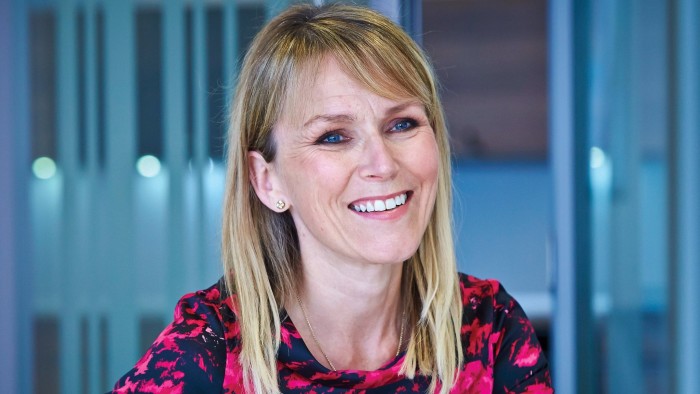Carillion’s board: misguided or incompetent?

Roula Khalaf, Editor of the FT, selects her favourite stories in this weekly newsletter.

Following the collapse this week of Carillion, with less than £30m in the bank and liabilities of more than £2bn, the board of the construction company has been accused of being either deluded or just plain inept.
On paper, the directors looked well qualified to steer the outsourcer. As chairman, Philip Green was a former chairman of United Utilities, the UK’s largest listed water company. Not only had he run a large contracting company, he was also a fully paid-up member of the great and good as a former adviser to then prime minister David Cameron on corporate responsibility.
The directors did not lack experience, sitting on boards from Royal Dutch Shell to Premier Farnell.
Alison Horner, head of the remuneration committee, was formerly operations director at Tesco and a non-executive director of Tesco Bank. The head of the audit committee was an accountant, as were three other directors.
And none were entrenched. The chief executive, Richard Howson, who joined Carillion’s board in 2009, was the longest-serving member.
The board ticked all the boxes in terms of good governance. Carillion’s non-executive line-up included two women. The average age of directors was about 54 years, or 57 excluding Mr Howson (48), and Zafir Khan (also 48), the finance director appointed in January last year.
Yet just a year ago, the board cheerfully signed off statements from Mr Howson that debt would be below £300m within months.
With hindsight, the board fell into a series of textbook traps that have, over the years, felled many a construction and contract business:
- Failing to halt acquisitions and the build up of liabilities
- Signing off aggressive accounting policies that allowed revenues to be booked early and costs to be delayed
- Not tapping shareholders for help and instead continuing to pay out dividends even as cash haemorrhaged out of Carillion
- Signing off on hefty pay packets and bonuses for top executives even when they scored zero on key performance targets introduced to instil capital discipline
- Allowing clawback conditions to be changed a year ago, striking out corporate failure as a reason to take back bonuses
The board had seemed to be everything UK investors might want for a youngish business in a youngish sector. Carillion may have been formed from the construction divisions of Tarmac, Wimpey, Alfred McAlpine and Mowlem, which have been around for decades, but the company itself was formed in 1999. It engaged well with investors, even those who had shorted Carillion stock. Notably, shareholders approved directors’ elections without a murmur.
It is worrying to think the construction company’s board was such a model of good governance. If the line up had been different, would another cast of characters have done any better?
And how many other supposedly well-run boards are presiding over impending corporate disasters elsewhere?
The writer is the FT’s corporate correspondent

Comments